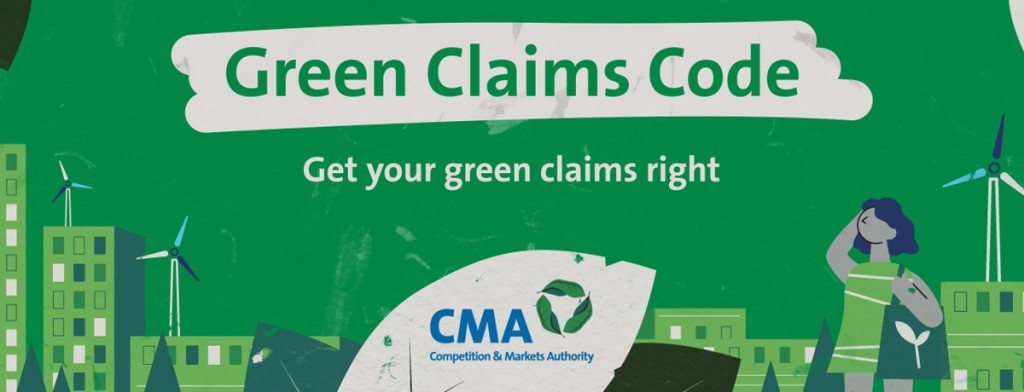
By Jeremy Williams
I suppose it’s somewhat inevitable, but the more people become aware of the environmental crisis, the more likely it is that companies will exaggerate or fabricate their green credentials. People expect companies to be taking the environment seriously, and companies want to tell people what they’re up to. The result is a proliferation of green claims – behold, our product is ‘eco’, ‘natural’ and ‘plant-based’. We offset! We care!
Greenwashing is annoying because it allows people to inflate their green efforts beyond what they’re actually doing. It allows them to get away with more talk than action, while the world burns quietly in the background. But it’s more insidious than that because it makes people cynical. Over time, people come to expect to be lied to, and so they dismiss very real efforts made by those who are taking the environment seriously. I see this all the time from fellow activists, cries of ‘greenwash!’ in response to what I would consider being honest attempts to do the right thing.
What happens then is that companies don’t bother to talk about their environmental initiatives, because they actually get a backlash. That misses the opportunity to normalise doing the right thing and lets businesses that won’t do the right thing off the hook.
So greenwash stinks, basically.
Last year, the Competition and Markets Authority (CMA), a regulatory branch of the British government, published the results of a global sweep of green claims. They concluded that 40% of green claims made online were greenwash. Common forms included vague language and no evidence, or firms using their own made-up eco-labels rather than certified schemes. If shoppers stopped and thought about it, or looked them up, they wouldn’t fall for it. But of course, firms expect us to be too busy to do that, and they rely on snap impressions and the power of suggestion.
In response, the CMA created a Green Claims Code, with advice for businesses on how to present green claims transparently. They also offer some simple advice for consumers, which is worth sharing:
- Beware of slogans and vague language. ‘Green’ or ‘eco’ don’t mean anything.
- Ask for evidence, the most obvious being a reputable certification or kitemark. Common ones include Soil Association, FSC wood, Rainforest Alliance, MSC fish, etc.
- Appearances are meaningless. Brands often use images of nature and the colour green just to hint at environmental responsibility, without actually attempting any such thing.
- Remember disposal, both of packaging and the product itself.
- Consider the bigger picture. A product may be marginally better than others, but something that could never be environmentally benign.
You can find out more about the Green Claims Code on their website, and there are other anti-greenwash initiatives on the case too. There are similar regulators in many other countries, and groups like Greenpeace or Futerra have worked on the problem of Greenwash. There are also sector-specific campaigns, such as the Anti-Greenwash Charter for building materials, or Two Sides in the paper industry. And remember that if false green claims appear in ads, they can be challenged through the Advertising Standards Authority, which has rapped a handful of businesses over green claims recently.
First published in The Earthbound Report.
Categories: business, Consumerism, Lifestyle, opinion
4 replies »